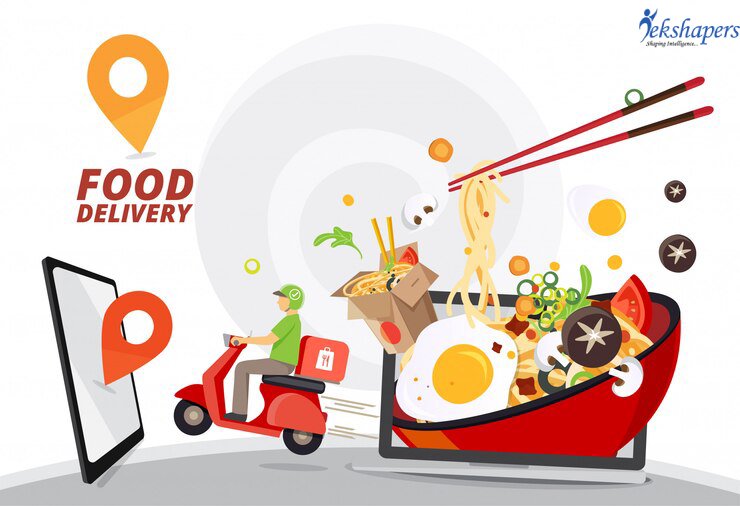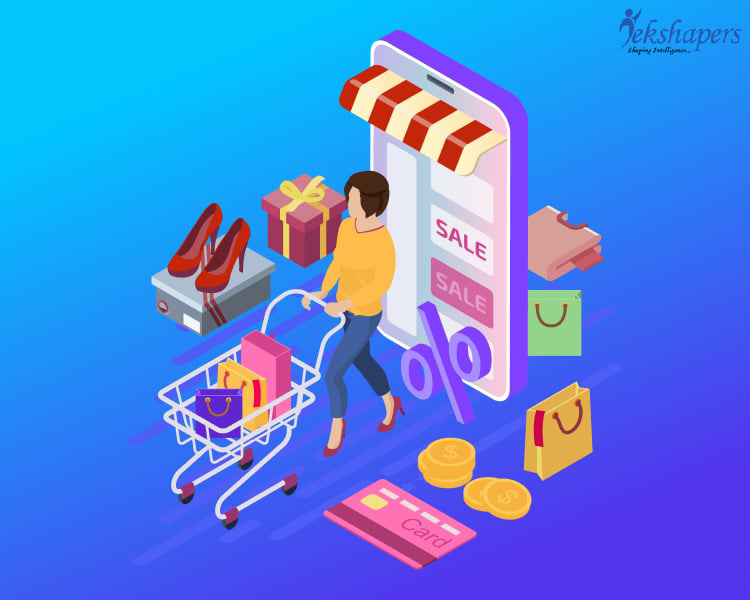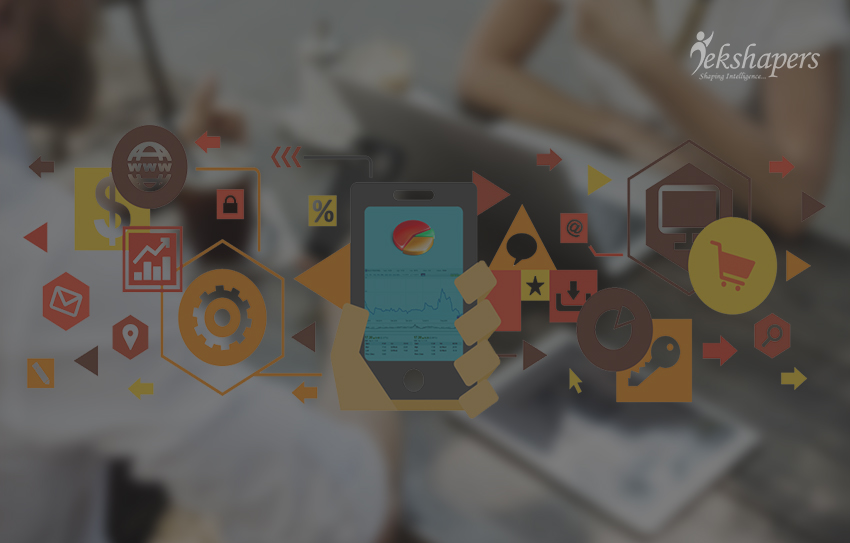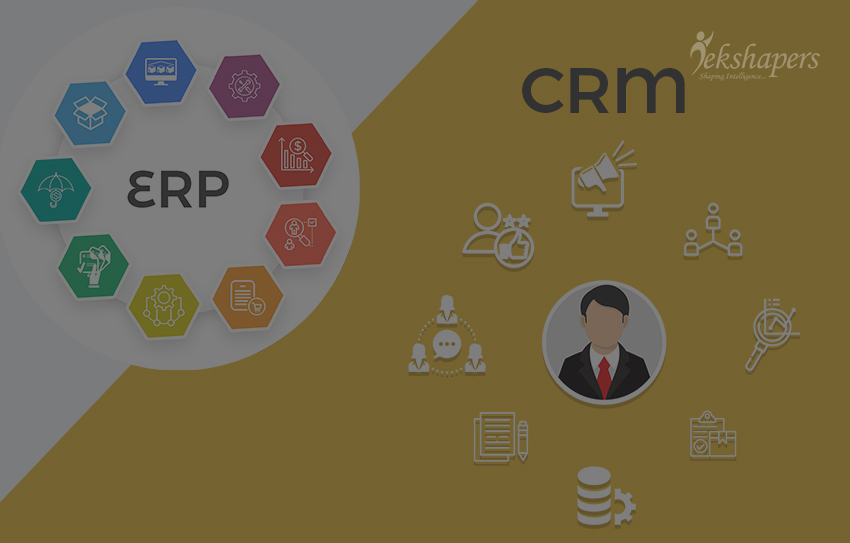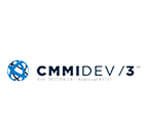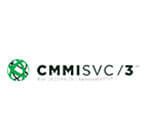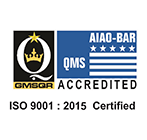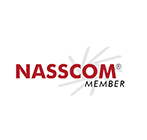How to leverage CRM in Retail Industry
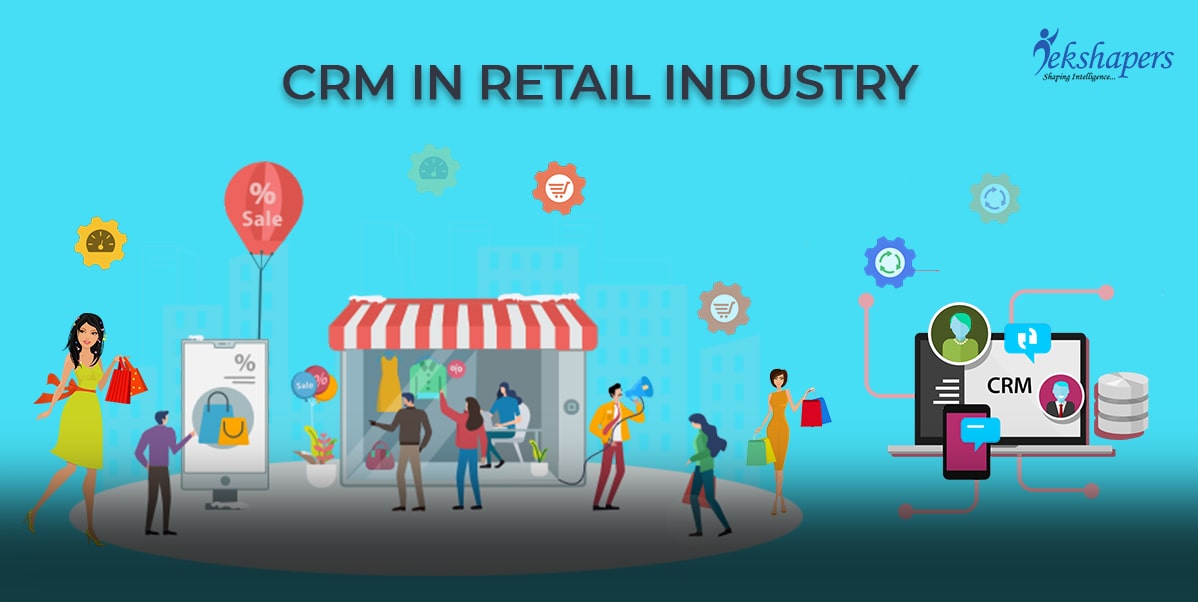
A retailer’s relationship with its customers is the key step to repeat store visits, brand loyalty and ultimately sales conversion. The retail industry is awash with data on customers with personal characteristics, income and spending habits, lifestyle and many other things. Your retail CRM software is more than a repository of contact data and transactions.
A well integrated with data from your POS system can help to provide an entire picture of customers, sales benchmarks, marketing campaign performance, and KPIs while they predict trends and provide a unified platform for the customer service. Contrary to misconception, the CRM for the retail industry is more than just building good customer relationship and therefore it must reach shoppers at the right time, in the right channel with the personalized offer and hence ensure the best use of communication channels like emails, SMS and social.
.png)
It should also support the seamless omnichannel retail strategy and must measure the value of different market segments and their lifetime value to the organizations. CRM for the retail sector should manage the loyalty programs which drive long term retention and share of wallet. It also supports customers after they have purchased products and gather feedback for continual improvements.
Tracking the effectiveness of marketing campaigns for increasing foot traffic and sales and analyzing the performance to aid planning is also an essential factor. A retailer CRM system rarely stands alone and this is because today the retailer needs a single point of truth. All this means critical data and the retailers use many systems which include accounting or finance, POS, SMS system, websites and much more.
5 ways to leverage CRM in the retail segment
There are numerous actionable strategies to be built outward from your retail CRM, but we have listed 5 ways below by which you can leverage CRM in the retail segment:
-
Marketing ROI
Retail CRM will allow custom tags and fields to be linked with contact info. These tags and files can be referred to specific customer attributes which are not built into the CRM. Identifying this correlation allows you to target the marketing resources towards customers based on known interests and requirements which in turn yields better marketing ROI.
-
Profitable customers
The more customers’ data in your retail CRM, the more will be the pinpoint opportunities and pitfalls. High granularity in the customer data allows you to identify the cost per customer, which is a metric that includes marketing expenses and the customer service cost that weighs against how much they spend. Not only does this inform individual agent’s time allocation for the value of service, but also it helps to identify your most profitable customers.
-
Prevents leads
This applies to the customer who engages organizations across multiple channels. Customers are shown recently viewed items when they come back to your site and they will receive email reminders for unpurchased items. The most common reason for online customers to abandon their shopping carts is the discovery of unexpected cost which can be mitigated with the one-time promotion.

-
Improve in-store experience
This applies to retailers with brick and mortar presence. As retail CRM data inform retailers about their shopper's demographic traits and associated spending habits and the desired preferences. The same analysis for customer segmentation isolates for the region or the branch that informs store layout and promotions while loyalty cards can contribute to the larger CRM database.
-
Improves productivity with automation
Employees time and mental bandwidth being best used towards productive ends and the valuable CRM data with often scrapped from digital marketing services, whereas online tracking still needs some manual input. The retail CRMs are able to automate data entry as well as notification and follow up the reminders to decrease employees time spent in navigating the platform.
[Also Read- IMPORTANT ROLE OF CRM IN BANKING SECTOR]
Implications for Retail CRM services
CRM software services are crucial to increasing sales and profits for any organization. However, retail operations have a different set of concerns than a small organization which does not operate in a storefront environment. Most of the small organization create their customer databases with their invoices or by asking their customers with whom they have built a great connect in many years by offering them good customer service. Retails stores do not have these luxuries, due to the nature of their customers who may less likely be willing to divulge contact information.

As you try new strategies to increase your sales and focus on your customers & on the items with the highest profit margins, you should determine methods of isolating these strategies in your sales data. Once you have started capturing your new sales data, you can begin mining this information in your CRM software to correlate which sales initiates are relating to the most profitable techniques and trends. It is unfortunately very simple to accidentally believe that there is no one process that drives up your sales and profitability when it is really something else.
Effects of CRM on Retail industry
Below are the major effects on CRM in retail markets:
-
Segmentation
CRM helps you to gather information about each of your customers that include preferences and demographic data. You can use the information to segment your market and thus customize your approach to each group of the customers. The effect of segmentation is based on the CRM data to adjust your retail strategies to better suit the customers that you majorly have.
-
Promotions
The data that you gather within the CRM system helps you not only target market segment with portions to appeal to its members but also target your customers individually. If you see that the customer has visited your site and looked at the particular product, then you can include promotions of those products in their mail. In this way, CRM will help to decrease promotions that are of no interest to the recipients.

-
Purchases
A CRM system helps to keep records of customers purchase and customer service calls. You can keep the track record of the products that each customer has purchased and whether there have been any warranty or dissatisfaction problems with the purchase. This information allows you to send out special offers to customers when the products they have bought complete its product lifecycle. Such strategy keeps your products in front of customers just when they might need them and gives them the benefit of lower pricing.
-
Retention
The overall effect of CRM is for increasing the retention of customers by serving them in a more focused and convenient way. You can further increase this effect by using the CRM software for implementing customer loyalty programs. Since the application is already been tracked so, you can issue reward points and bonuses to keep valuable customers.
[Also Read- AN INTRODUCTION TO E-COMMERCE CRM]
Conclusion
CRM in retail can help to decrease costs, increase customer satisfaction and can help to build business productivity. CRM software manages your relationships with individual customers to create the benefits for both parties and thus will help to make your shopping experience more reliable more interesting and more engaged.
Recent Blog

Why Your Business Needs a Mobile App?
06-Dec-2022Related Blogs
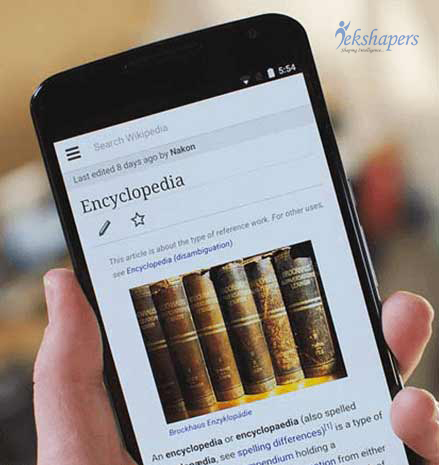

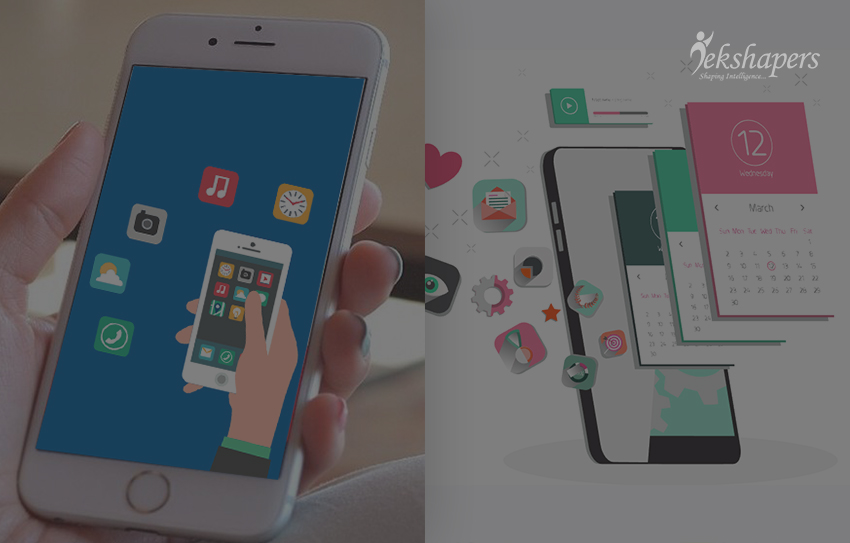
A secret of Mobile Application Development
23-Apr-2018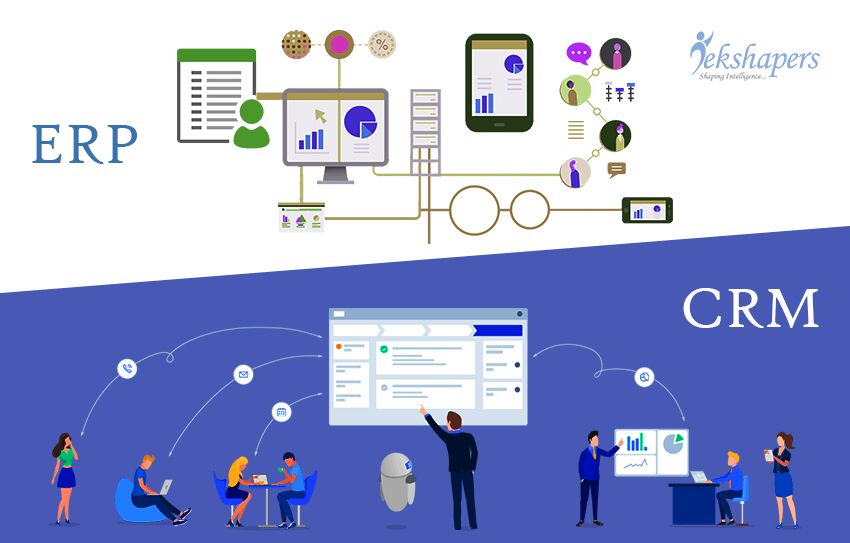
Market Demand for CRM and ERP Development
07-May-2018
